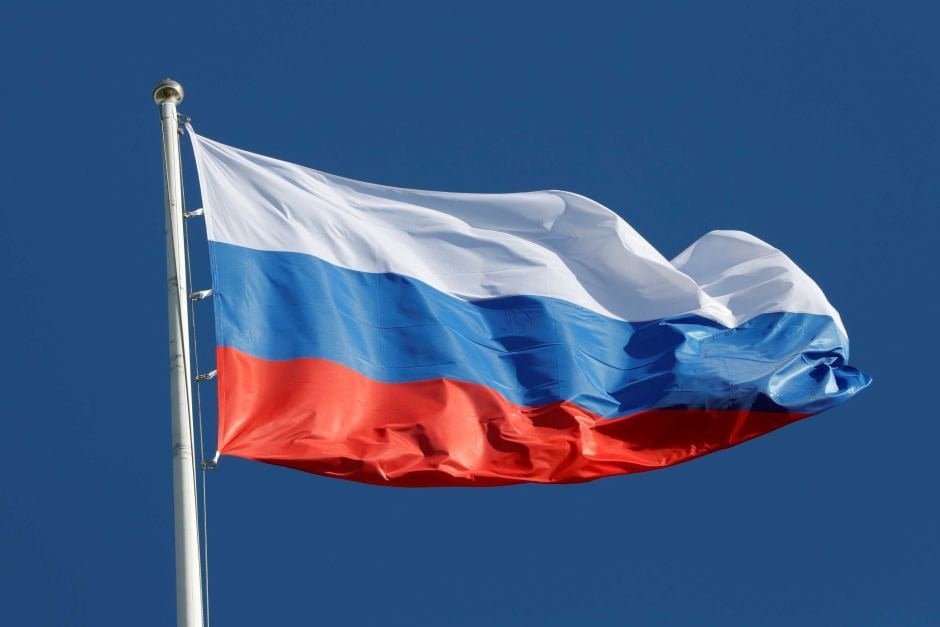Majority of Russia’s Financial Pyramids in Q1 Linked to Crypto, Scammers Exploit Sanctions Topic – Many of the financial pyramids discovered in Russia in the first quarter of this year were linked to cryptocurrency, according to a top central bank official. Fraudsters are taking advantage of current events, such as the sanctions issue.
Ponzi schemes offering chances to invest in digital assets are sprouting up in Russia amid rising financial turmoil. Well over half of the financial pyramids discovered by regulators in the first three months of 2022 utilized cryptocurrencies as a lure.
Also Read: Google Forms Web3 Team — Sees Tremendous Potential, Demand for Crypto Tech Support
“Schemes based on cryptocurrency transfers or investments in ‘digital instruments’ have gotten a boost,” Valery Lyakh, director of the Bank of Russia’s Department for Combating Unfair Practices, told Tass news agency. According to Lyakh, cryptocurrencies were related to more than 58 percent of the pyramids discovered by Russian financial authorities in the first quarter of this year.
Scammers, as is typical, take advantage of current topics in the news, according to a high-ranking representative of Russia’s monetary authority. “In the face of financial uncertainty, demands to save money in foreign jurisdictions, participate in a foreign enterprise, or buy foreign assets are becoming increasingly popular,” Lyakh added.
Such investment suggestions have been made in the past, but now, as Valery Lyakh pointed out, scammers are taking advantage of the sanctions imposed on Russia as a result of its invasion of Ukraine. They’re talking about projects in nations that oppose Moscow’s sanctions, and offering to overcome international payment limits has become the latest tactic to persuade victims to send their money, he stated.
The idea of Russia utilizing cryptocurrencies to dodge sanctions has generated concerns in the West, but according to a recent research by Moody’s, Moscow’s capacity to avoid sanctions using digital assets is restricted due to the crypto market’s tiny size and poor liquidity. However, the rating agency admitted that Russians’ minor crypto transactions have surged.
Also Read: Robinhood Lists Grayscale’s Bitcoin and Ethereum Trusts
According to Chainalysis, crypto investing was the major subject of the infamous Finiko Ponzi scheme, Russia’s largest in recent years, which failed this summer after receiving over $1.5 billion in bitcoin between December 2019 and August 2021. Finiko members were recently arrested by Russian law enforcement for scamming thousands of victims in Russia, other former Soviet republics, and around the world.




